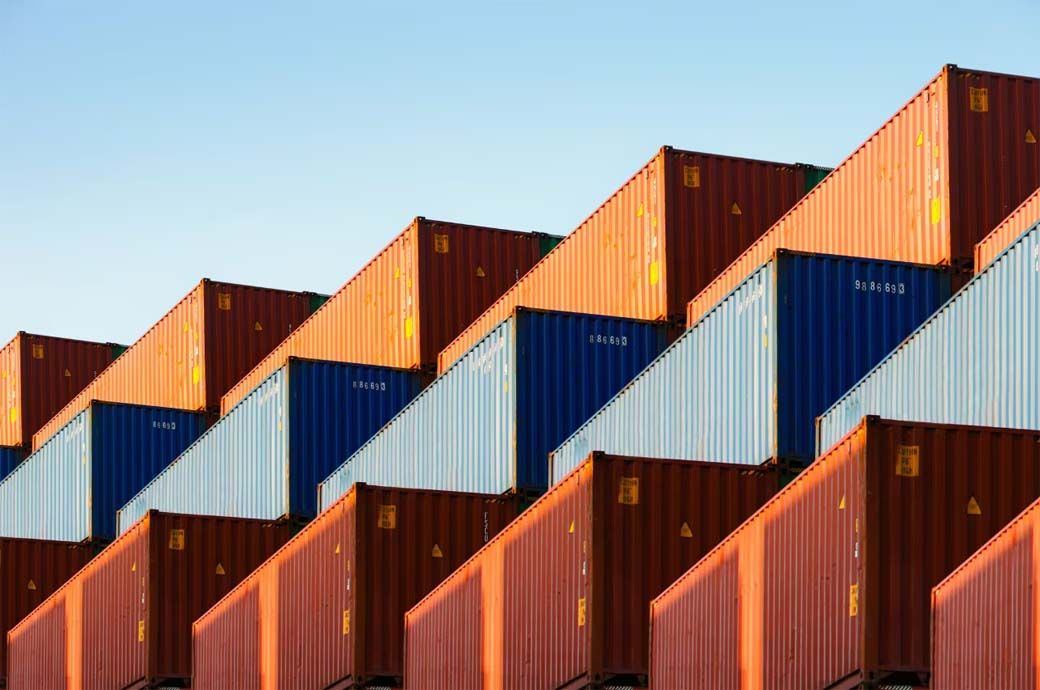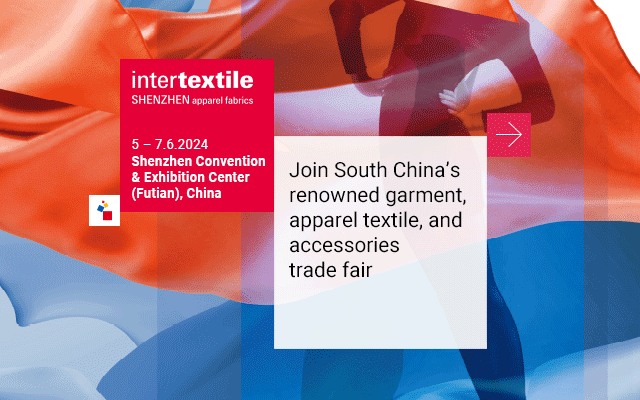Global supply chain transformation under way now likely to deepen: UBS

Insights
- The global supply chain transformation under way is likely to deepen, driven by intensifying geopolitical rivalries, new technology, supply chain resilience concerns and the search for efficiency, UBS said.
- Sustainability-linked regulatory changes would likely need new tools and investment, and a shift from a 'least cost' to a 'least risk' mindset, it noted.
While this process is potentially disruptive, it also presents an opportunity to improve the sustainability profile of companies’ supply chains, UBS noted.
The Switzerland-based investment bank and financial services company feels this is due not just to the benefits that accrue from improved sustainability, like lower transition, reputational, and legal risks, or improved employee retention and morale.
It is also about future-proofing supply chains against a tightening regulatory environment and growing consumer demands for sustainability in companies’ operations, it said.
Sustainability-linked regulatory changes being considered would likely require new tools and investment, and a shift from a ‘least cost’ to a ‘least risk’ mindset, it said.
UBS has suggested a four-pillar framework to improve supply chain sustainability: evaluate, optimise, collaborate and develop.
Improving a supply chain starts with understanding the individual links in the chain. Visibility within supply chains remains low, meaning many companies simply do not know who they are ultimately reliant on, beyond their direct suppliers, to produce their products and services.
Even when they are aware, the emissions and other impacts incurred by those suppliers may not be measured; if they are measured, they may not be disclosed; if they are disclosed, they may not be accurate; and if they are accurate, divergent metrics and methods may make comparability across companies and industries difficult or impossible, UBS observed.
Balancing of several factors is required: replacing links whose sustainability practices fall unacceptably short; looking at supply chain length, and the potential for reducing it; optimising supply chain logistics via the deployment and utilisation of emerging technology solutions to better match supply with demand, maximise efficiency and minimise waste.
System-level improvements require not just avoiding risk, but proactively seeking to improve the performance of less sustainable supply chain partners. Collaboration is a key part of this.
Developing refers to actions and investments made to grow a supply chain’s sustainability capabilities. It can take multiple forms, including sharing expertise; financing new capabilities, like new product lines or supply links; and promoting circularity, UBS added.
Fibre2Fashion News Desk (DS)
































-Ltd..jpg?tr=w-120,h-60,c-at_max,cm-pad_resize,bg-ffffff)





.jpg?tr=w-120,h-60,c-at_max,cm-pad_resize,bg-ffffff)
.jpg?tr=w-120,h-60,c-at_max,cm-pad_resize,bg-ffffff)






